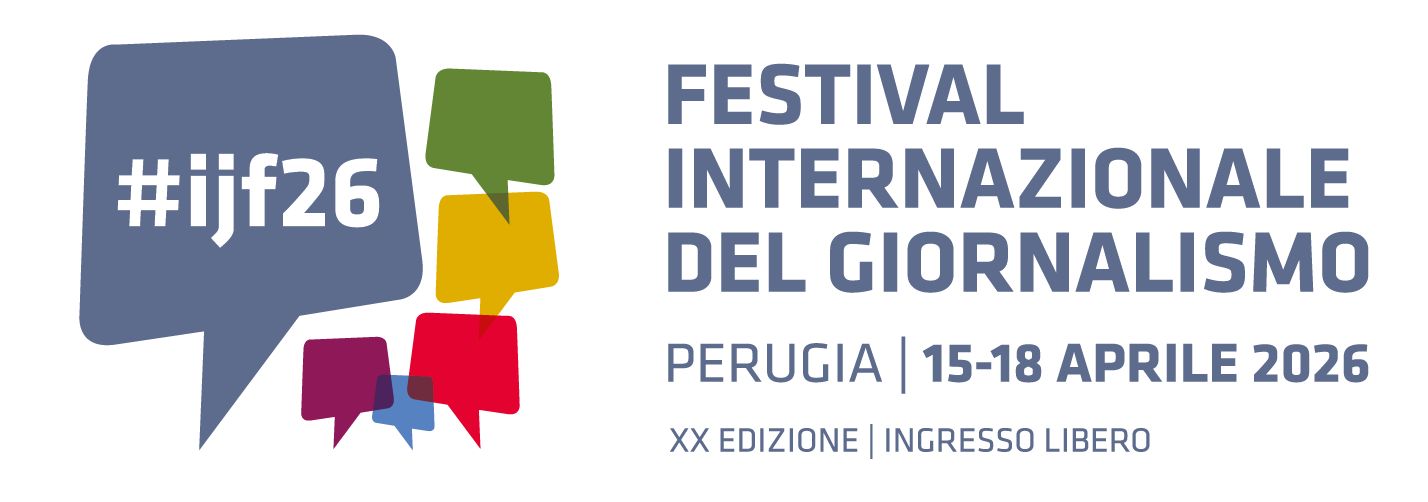From growing anti-vaccine movements to HIV-deniers and climate skeptics, online health misinformation and disinformation fuels the rise of groups that mistrust scientific evidence, and spread their mistrust across platforms. Science misinformation is one of the most prevalent forms of misinformation online. The majority of health news on Facebook is either false or misleading, according to a 2018 study, which found that some of that health misinformation comes from mainstream news outlets. Health misinformation can be catastrophic: Ebola epidemics, the resurgence of measles, and even a rise in the rates of tooth decay, have all been attributed to misleading health reporting.
Health and science journalists face considerable challenges in correcting misinformation and producing accurate, nuanced stories. Newsroom budgets are being slashed in many countries and some newsrooms lack adequately trained health and science beat reporters. Hyperbolized press releases, paywalls, non-open access science journals, and the virality of misinformation spread online means that journalists covering the most pressing health and science stories of our time often lack the support and time needed to accurately report on complex, technical issues.
Fixing this problem is more complicated than consulting a few experts and referencing academic journals. But with the challenges only multiplying, how can journalists better contribute to an equitable and accessible health information ecosystem?
Using findings from a report by Meedan’s Digital Health Lab, this panel will discuss the behavioral factors to consider when disseminating health information to large audiences, across a variety of platforms. Topics discussed will include:
1. Barriers to health information access for different populations around the world – communities at the epicenter of epidemics, through language barriers, and with the limitations of paywalled scientific abstracts and hyperbolized press releases from scientific institutions - and the important role that journalists play in making health research accessible and relevant.
2. Acknowledging legitimate distrust in health institutions when developing stories about contentious or potentially polarizing health content. How can journalists better serve target audiences and build trust amongst communities affected by intergenerational trauma or difficult experiences with health systems and global health organizations?
3. Fact-checking tips for health and science stories. What types of fact-checking methodologies should be used or avoided in the health context?
4. Addressing the intentional manipulation of scientific findings and pseudoscience in reporting.
Organised in association with Meedan.

